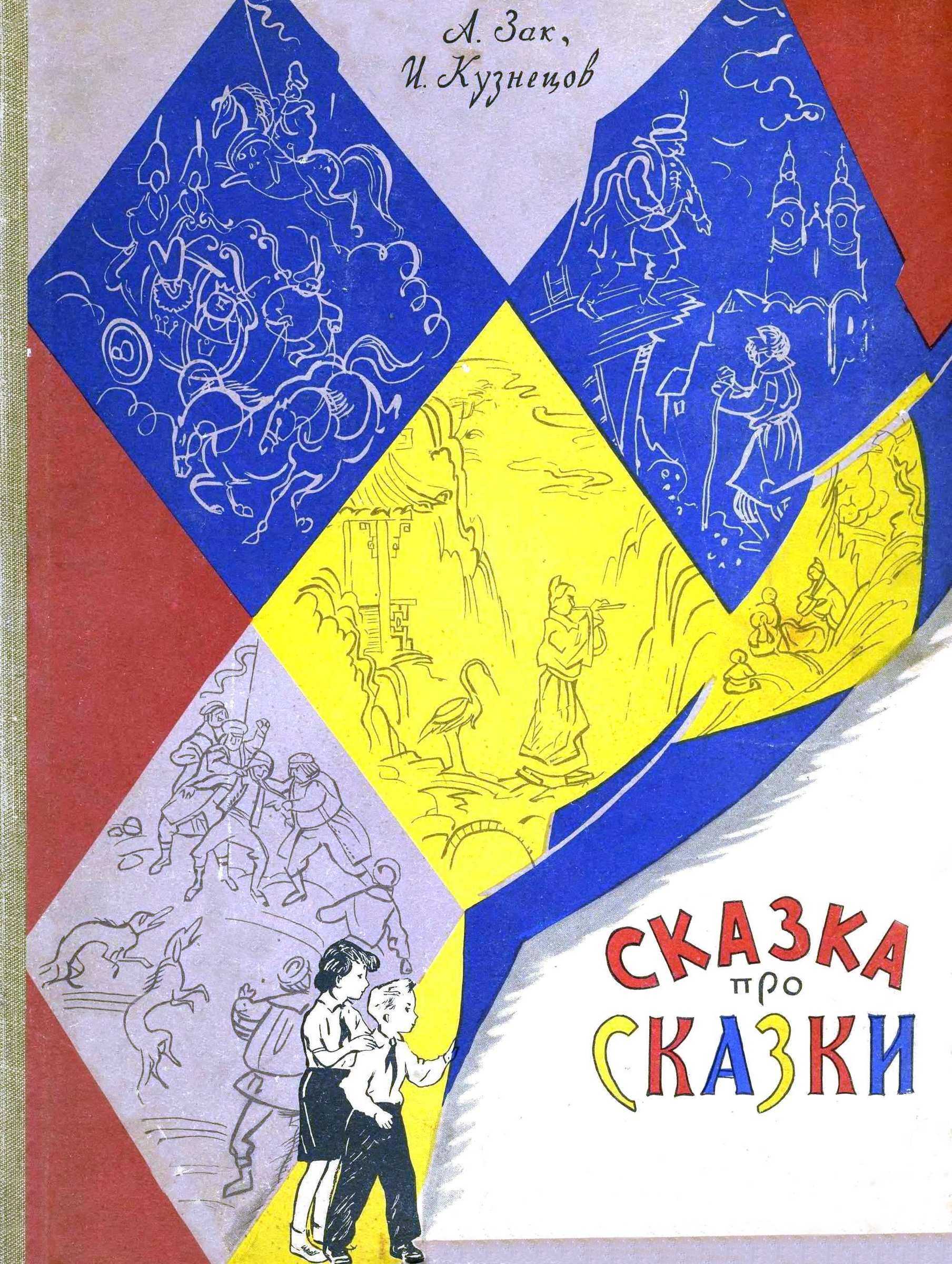Магия в Средневековье - Табита Стэнмор
Книгу Магия в Средневековье - Табита Стэнмор читаем онлайн бесплатно полную версию! Чтобы начать читать не надо регистрации. Напомним, что читать онлайн вы можете не только на компьютере, но и на андроид (Android), iPhone и iPad. Приятного чтения!
Шрифт:
Интервал:
Закладка:
187
Более подробно о хиромантии и других формах предсказания судьбы: Matthias Heiduk, ‘Prognostication in the Medieval Western Christian World’, в Matthias Heiduk, Klaus Herbers and Hans-Christian Lehner (eds), Prognostication in the Medieval World (Berlin: De Gruyter, 2021), p. 109–152.
188
Более подробно о гадании по руке во Франции: France, see Michael R. Lynn, ‘The Curious Science: Chiromancy in Early Modern France’, Magic, Ritual and Witchcraft, vol. 13/3 (2018), p. 447–480.
189
David Cressy, Gypsies: An English History (Oxford: Oxford University Press, 2020), p. 5, 15.
190
David Cressy, Gypsies: An English History (Oxford: Oxford University Press, 2020), p. 41.
191
Richard Saunders, Palmistry, the secrets thereof disclosed, or, A familiar, easy and new method whereby to judge of the most general accidents of mans life from the lines of the hand withal its dimensions and significations as also that most useful piece of astrology (long since promised) concerning elections for every particular occasion, now plainly manifested from rational principles of art, not published till now … (1663), text made available through the Text Creation Partnership and Oxford Text Archive, ota.bodleian.ox.ac.uk/repository/xmlui/bitstream/handle/20.500.12024/A62237/A62237.html?sequence=5 [дата обращения: 21.06.2023].
192
Эта связь отмечена здесь: Elina Gertsman, ‘Illusion and Deception: Construction of a Proverb in Hieronymus Bosch’s The Conjurer ’, Athanor, 22 (2004), p. 31–37.
193
Reginald Scot, The Discoverie of Witchcraft, ed. Montague Summers (New York: Dover Publications, 1972), p. 182–183.
194
О переводе Чосера и его последующем распространении «Трактата об астролябии»: Christine Chism, ‘Transmitting the Astrolabe: Chaucer, Islamic Astronomy, and the Astrolabic Text’, в Faith Wallis and Robert Wisnovsky (eds), Medieval Textual Cultures: Agents of transmission, translation and transformation (Berlin: De Gruyter, 2016), p. 85–120.
195
Здесь и ниже перевод с английского О. Б. Румера.
196
Can in the space of one natural day —
This is to say, in four and twenty hours —
Where-ever you desire, in drought or else showers,
Bear your body into every place
To which your heart wishes to go,
Without harm to you, through foul or fair;
Or, if you desire to fly as high in the air
As does an eagle when he desires to soar,
This same steed shall bear you ever more,
Without harm, until you be where you wished,
Though you sleep or rest on his back.
Перевод: Harvard’s Geoffrey Chaucer, chaucer.fas.harvard.edu/pages/squires-introduction-and-tale [дата обращения: 22.06.2022].
197
‘when you desire to ride anywhere,
You must turn a peg, which stands in his ear,
Which I shall you tell between us two (secretly).
You must name him to what place also,
Or to what country, that you want to ride.
And when you come where you desire to abide,
Bid him descend, and turn another peg,
For therein lies the essence of working the device,
And he will down descend and do your will,
And in that place he will abide still.
Though all the world the contrary had sworn,
He shall not thence be drawn nor carried away.
Or, if you wish to bid him go thence,
Turn this peg, and he will vanish at once
Out of the sight of every sort of creature,
And come again, be it by day or night,
When you wish to call him again
In such a manner as I shall to you say
Between you and me, and that very soon.
Ride when you wish; there is nothing more to do.’
Перевод: Harvard’s Geoffrey Chaucer, chaucer.fas.harvard.edu/pages/squires-introduction-and-tale [дата обращения: 22.06.2022].
198
E. R. Truitt, Medieval Robots: Mechanism, magic, nature, and art (Philadelphia, PA: University of Pennsylvania Press, 2016), глава 5.
199
Kieckhefer, Magic in the Middle Ages, глава 5.
200
Parry, Arch-Conjuror of England, p. 11–12.
201
Geoffrey of Monmouth, The History of the Kings of Britain: An edition and translation of the Britonum [Historia Regum Britanniae], ed. Michael D. Reeve and trans. Neil Wright (Woodbridge: Boydell and Brewer, 2007), p. 138–40; более подробно об эволюции образа Мерлина: Anne Lawrence-Mathers, The True History of Merlin the Magician (New Haven, CT: Yale University Press, 2012).
202
Thomas Malory, Le Morte Darthur: The Winchester manuscript, ed. And abridged by Helen Cooper (Oxford: Oxford University Press, 1998), p. 58–81.
203
О нравственной двусмысленности магии в средневековых романтических текстах: Corinne Saunders, Magic and the Supernatural in Medieval English Romance (Woodbridge: Boydell and Brewer, 2010).
204
John Lyly, Mother Bombie: As It Was Sundrie Times Plaied by the Children of Powles, 2nd edn (London, 1598), с. E3v. Thomas Heywood, The Wise Woman of Hoxton, ed. Sonia Massai (New York: Routledge, 2003).
205
Такие подробности не встречаются среди настоящих ведунов в Англии, хотя некоторые любопытные исследования итальянской повседневной магии показывают, что работники публичных домов часто торговали заклинаниями, чтобы увеличить доход. См. Ruggiero G. Binding Passions: Tales of Magic, Marriage, and Power at the End of the Renaissance. New York: Oxford University Press, 1993.
206
Heywood, The Wise Woman of Hoxton.
207
Lyly, Mother Bombie, p. E3r.
208
Lyly, Mother Bombie, p. D3v.
209
Все цитаты в этом абзаце: Lyly, Mother Bombie, p. E3r — E4r.
Прочитали книгу? Предлагаем вам поделится своим отзывом от прочитанного(прослушанного)! Ваш отзыв будет полезен читателям, которые еще только собираются познакомиться с произведением.
Уважаемые читатели, слушатели и просто посетители нашей библиотеки! Просим Вас придерживаться определенных правил при комментировании литературных произведений.
- 1. Просьба отказаться от дискриминационных высказываний. Мы защищаем право наших читателей свободно выражать свою точку зрения. Вместе с тем мы не терпим агрессии. На сайте запрещено оставлять комментарий, который содержит унизительные высказывания или призывы к насилию по отношению к отдельным лицам или группам людей на основании их расы, этнического происхождения, вероисповедания, недееспособности, пола, возраста, статуса ветерана, касты или сексуальной ориентации.
- 2. Просьба отказаться от оскорблений, угроз и запугиваний.
- 3. Просьба отказаться от нецензурной лексики.
- 4. Просьба вести себя максимально корректно как по отношению к авторам, так и по отношению к другим читателям и их комментариям.
Надеемся на Ваше понимание и благоразумие. С уважением, администратор knigkindom.ru.
Оставить комментарий
-
 Гость Татьяна05 июль 08:35
Спасибо. Очень интересно ...
В плену Гора - Мария Зайцева
Гость Татьяна05 июль 08:35
Спасибо. Очень интересно ...
В плену Гора - Мария Зайцева
-
 Фарида02 июль 14:00
Замечательная книга!!! Спасибо автору за замечательные книги, до этого читала книгу"Странная", "Сосед", просто в восторге....
Одна ошибка - Татьяна Александровна Шумкова
Фарида02 июль 14:00
Замечательная книга!!! Спасибо автору за замечательные книги, до этого читала книгу"Странная", "Сосед", просто в восторге....
Одна ошибка - Татьяна Александровна Шумкова
-
 Гость Алина30 июнь 09:45
Книга интересная, как и большинство произведений Н. Свечина ( все не читала).. Не понравилось начало: Зачем постоянно...
Мертвый остров - Николай Свечин
Гость Алина30 июнь 09:45
Книга интересная, как и большинство произведений Н. Свечина ( все не читала).. Не понравилось начало: Зачем постоянно...
Мертвый остров - Николай Свечин










